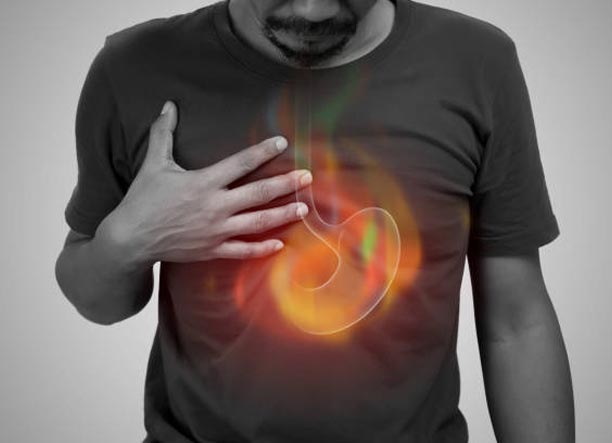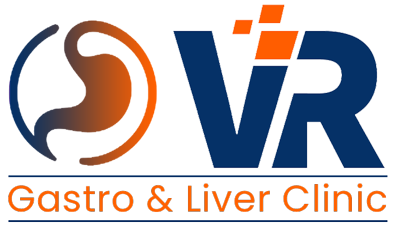Overview
Gas pain in the chest can be alarming, often mimicking the symptoms of a heart attack or other serious conditions. However, it is typically caused by trapped gas in the digestive system. Understanding the causes and effective treatment options for gas pain can help ease the discomfort and prevent further issues. It occurs when air or gas gets trapped in the stomach or intestines and creates discomfort in the upper abdomen or chest area. It can lead to sensations of tightness, bloating, and sharp pains, sometimes resembling heart pain. While gas pain is usually harmless, the symptoms can cause significant discomfort.

Causes
Several factors can contribute to the build-up of gas in the digestive system, leading to chest discomfort
- Swallowed air: eating or drinking too quickly can cause you to swallow air, which accumulates in the stomach and can lead to gas pain in the chest
- Certain foods: foods high in fiber or that are difficult to digest, such as beans, broccoli, cabbage, and carbonated drinks, can cause excessive gas
- Digestive disorders: conditions such as irritable bowel syndrome (IBS), lactose intolerance, and gastroesophageal reflux disease (GERD) can contribute to gas build-up
- Overeating: eating large meals can stretch the stomach, leading to pressure and gas pains in the chest
- Constipation: when stool builds up in the intestines, it can trap gas, leading to bloating and discomfort in the chest area
- Stress and anxiety: emotional stress can interfere with digestion, leading to bloating and trapped gas
Treatment options
Thankfully, it can be effectively managed with a combination of lifestyle changes, home remedies, and medical intervention. Here are some treatment options:
- Over-the-counter medications: antacids, simethicone, and activated charcoal can help reduce gas pain and bloating.
- Dietary changes: avoiding gas-producing foods, eating smaller meals, and drinking plenty of water can help prevent the build-up of gas.
- Physical activity: gentle exercise, such as walking, can help move gas through the digestive system, reducing discomfort.
- Heat application: applying a heating pad to the chest or abdomen can help relax the muscles and ease gas pain.
- Medical treatment for underlying conditions: If gas pain is caused by digestive issues such as GERD or IBS, a gastroenterologist can prescribe appropriate medication or recommend dietary changes to manage the condition.
For persistent or severe gas pain, it’s crucial to seek professional medical advice to rule out more serious conditions and receive the right treatment.
Articles
- Celiac disease vs gluten intolerance
- Differences B/W Endoscopy & Colonoscopy
- What is colon cancer or colorectal cancer?
- How Your Gut Health Affects Your Whole Body
- Gas Pain in Chest: Causes, Treatment, and More
- How junk food affects liver health
- The role of probiotics and prebiotics in gut health
- What is indigestion or dyspepsia?
- Why is hydration so important for liver health?
- What are the 5 symptoms of liver disease in women?
- What does alcohol do to your body?
